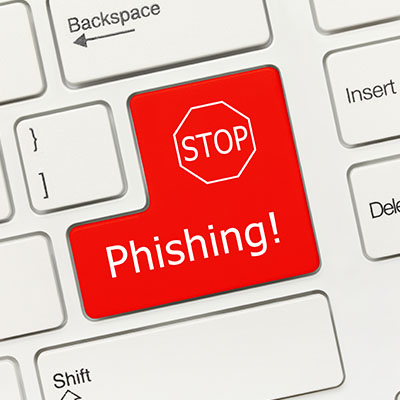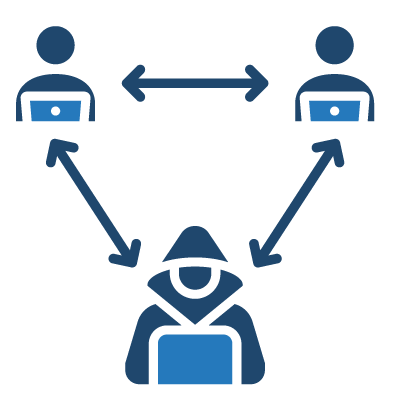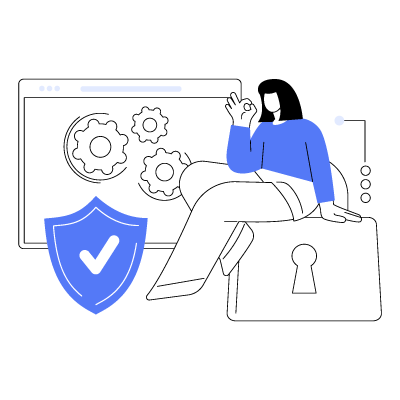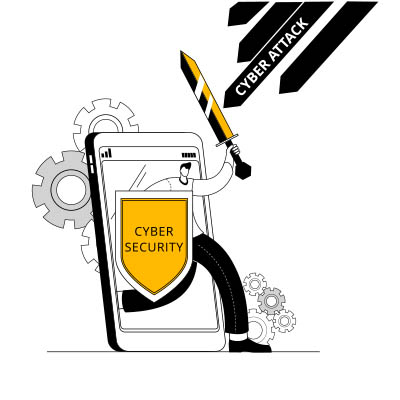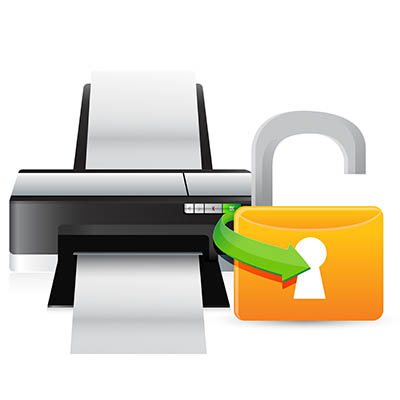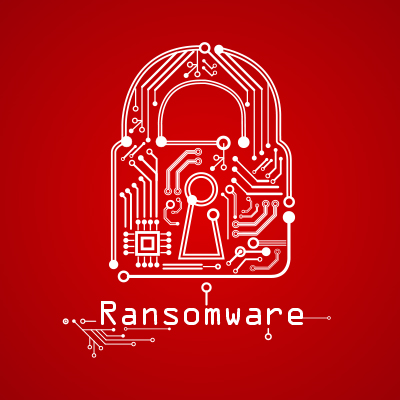We talk a lot about phishing on this blog, and for good reason. It makes up a significant portion of today’s cyberthreats, irrespective of size or industry. Today, we want to highlight how your business can protect itself from phishing attacks and keep their impacts to a minimum. We’ll dive into some details about phishing schemes and the solutions you can implement to keep your business safe.
Ransomware is not just a business problem; it is also a consumer and user problem. While it might lock down your business’ files and make them inaccessible, there is also the possibility that the cybercriminals will steal and sell the data on the black market rather than safely return it. What happens to users who have had their data stolen during a ransomware attack?
If your organization is fortunate enough to have an internal IT department, it’s likely that they are managing a complex infrastructure on top of being understaffed and overworked. We’re not knocking your business or anything; it’s just the nature of the work and the reality of SMBs (trust us, we’d know). We can make managing your technology significantly easier and less of a pressure on your IT workers.
Cybersecurity attacks happen when you least expect it, and data is often more susceptible to a cyberattack while it’s moving from one individual to another. This is what is commonly known as a man-in-the-middle attack, or MitM. Essentially, data gets intercepted while it’s in transit—but what can you really do to stop it? Let’s find out.
The second you hear “audit,” your brain likely goes into damage control mode. However, the purposes of an audit are not necessarily malicious. In fact, they can be remarkably beneficial for a number of reasons, including network security. A good audit can help your business stay secure from threats and vulnerabilities.
Every year, there seems to be a notable increase in high-profile ransomware attacks. If you haven’t yet devised a plan to shield your business from these dangers, the time to act is now. Luckily, there are proactive steps you can take to reduce the impact of ransomware attacks, and it all starts with preparation.
The misconception that small businesses are immune to cyberthreats is dangerous. In reality, their size and often lax security measures make them attractive targets. The cost of a cyber incident can be devastating for small and medium-sized businesses. It can lead to downtime, reputation damage, and significant financial loss.
Multifunctional printers can be indispensable business tools. However, they also pose significant security risks, potentially serving as entry points for cybercriminals seeking to exploit vulnerabilities and pilfer sensitive data and resources. Safeguarding your organization against these threats is paramount. This blog post will explore key measures to fortify your networks against printer-based vulnerabilities.
You or one of your employees may need to work while on the road for many reasons. Unfortunately, this can be dangerous if you aren’t careful. We wanted to take a few minutes to (hopefully) review some security best practices your entire team should follow should they ever find themselves working as they travel.
Did you know that the first case of ransomware surfaced in 1989? Since then, it has grown far more dangerous and common. Let’s examine some of the numbers regarding ransomware and how you can avoid it affecting your organization.

